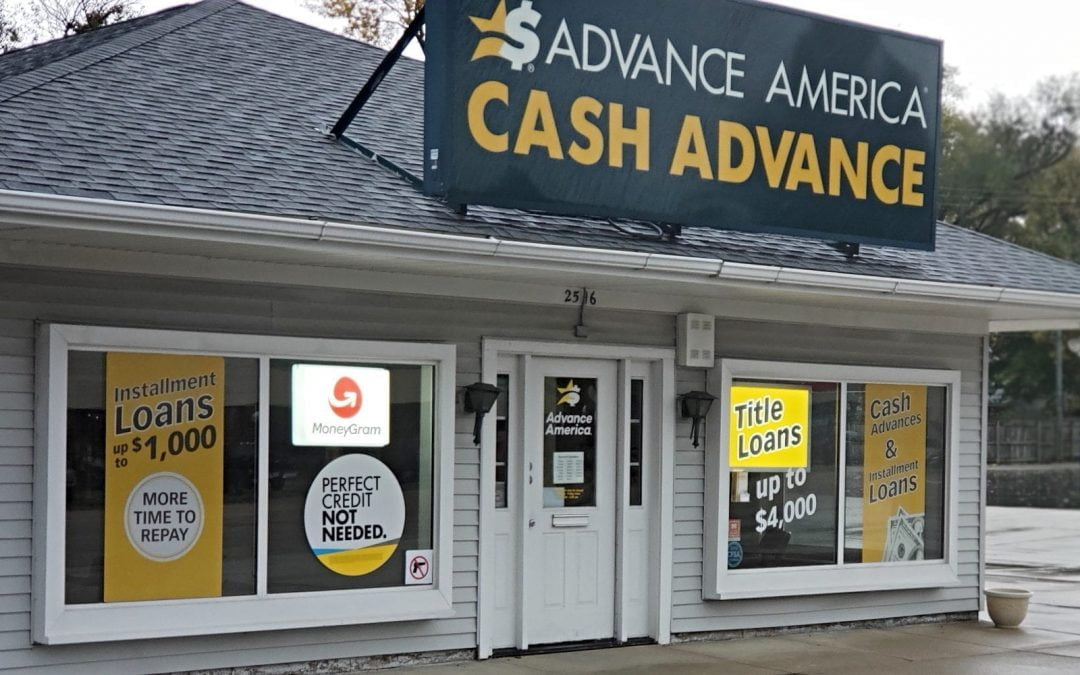I’ve often struggled making application of this saying of Jesus found in Mark 14:7, “The poor you will always have with you, and you can help them any time you want. But you will not always have me.”
Jesus is responding to a criticism voiced by Judas relating to the generosity of Mary Magdalene as she anointed the feet of her Lord.
One thing I’ve learned from this passage is that there will always be poor people. No matter what the church does, this truth will not change. We can help them any time we want.
Another truth is that we shouldn’t criticize extravagant spending in certain appropriate contexts.
There will always be people who are struggling financially, regardless of how much the church does. So, it raises the question, “What’s a church to do when it comes to people in need?”
My family and I moved to Clinton, Tennessee, about three months ago; one of the things I’ve noticed early on is that there are poor people here too.
On any given day of the week, I will see people standing on street corners with signs reading, “Hungry and Hopeless” or “Will Work for Food.” Our church will receive phone calls for assistance regularly.
There are also those who come by the Christian Service Center on Tuesdays for food or clothing; our campus is located directly across the street from a low-income housing apartment complex.
Shortly after my arrival, I learned our church provides meals for those who walk over to our building on Wednesday nights.
They have a voucher that enables them to enjoy a meal as our guest and to eat with other members of our church family.
There’s also a once a month “Shepherd’s Table” meal on Saturdays. For any and all who want or need a free meal, they are welcome to take part.
I wish I could say there’s nothing but enthusiasm as it relates to providing meals in this manner.
Yet, having persons with different cultural and economic backgrounds in our building can make people uncomfortable.
Some of our guests are also homeless. It’s hard to imagine that in our county alone there are between 25 and 65 homeless households.
These are men, women, children, physically and emotionally challenged, along with single women (and pregnant women) and military veterans.
They’re unhoused for different reasons, but all lack adequate support systems and safety nets.
Prior to our moving to Clinton, I served for 12 years as senior pastor of University Heights Baptist Church in Springfield, Missouri.
I became acquainted with people struggling with a poverty brought on by an endless cycle of debt, and I preached from Luke 4 one Sunday morning with an emphasis on how University Heights Baptist could “bring good news to the poor.”
I soon learned that several members had been having a conversation about how to help the working poor of our area, discovering that a primary cause of systemic debt was predatory lenders.
There are more payday and title loan companies in Missouri than Starbucks, Walmarts and McDonald’s combined.
These loan companies prey upon those who are vulnerable and need money right away – persons who would not qualify for bank loans because they do not have an ability to repay – by charging interest rates of up to 450% plus additional fees.
Although it’s easy to talk about these kinds of loan companies as an “issue” to be addressed, I’ve found that it’s much more relational than that.
Those who struggle paying off payday or title loans are not only struggling with the economics of their situation, but also with their dignity.
Many people lose hope of ever getting out of this kind of debt, which results in feelings of shame for taking out a payday loan.
University Height Baptist decided to do something about the presence of payday and title loan companies in the Ozarks, launching a program in partnership with the local credit union called “University Hope.”
The church subsidizes low-interest loans that are generated by the credit union. There is no financial risk to the credit union, but those who qualify pay back the loan via the credit union.
Once the loan is paid off, persons may receive a credit card and secure funds through the credit union.
This is an important step toward building one’s credit score and breaking the payday loan habit along with escaping “the debt trap.”
It has been encouraging to hear about other churches and nonprofit agencies getting involved in the fight against payday and title loan companies.
Here are a few suggestions for bringing about positive change not only in dealing with predatory lending, but also other systemic forms of poverty and injustice:
- Get educated about your communities by finding out the size and scope of the payday and title loan industry’s influence in your state and community. There are online resources to help with this.
- Advocate for reform by raising awareness about the issues relating to payday and title loans.
- Partner with other faith leaders and organizations for a common cause. There is all too often division and mistrust among faith communities over theological divides; let’s look for ways we can agree to make a positive difference in our areas.
- Realize this is a justice issue rather than a political one. It’s about fairness. There are numerous biblical passages that talk about how to treat the poor and underprivileged and not to take advantage of them.
- Preach and pray about it and be open to how the Holy Spirit might lead you and your people out into the community. We shouldn’t have to pray about caring for the poor and fighting for justice; that’s part of the gospel. But you might need to pray about your specific congregation and social context.
Sunday, Nov. 17, is World Day of the Poor; I’ll be preaching from Luke 21 on the story known as “The Widow’s Mite.”
The passage is not only about the actions of the poor widow but also about a social structure that allows the religious and powerful to “devour widows’ houses.”
We often commend the generosity and faith of the unnamed woman yet fail to condemn the religious and social system that created her poverty and vulnerable condition in the first place.
The poor will always be with us. Perhaps that is the key component to this emphasis on poverty. We need to realize that the poor “are with us.” They are all around us.
This doesn’t excuse us from seeking to impact and improve the lives of those around us. It means we should live out our faith in such a way that we are truly “salt and light.”
I often tell our people that we are the “gathered church” on Sundays for worship, and then we are the “scattered church” when we go out into our world.
In most cases, that means about 97% of our time is spent as the latter.
What we do – and sometimes don’t do – as the people of God during the week is extremely significant. We are still the church.
The world is looking for an authentic Christian witness in which our words match up with our deeds.
Jesus spent considerable time with those in spiritual, physical and economic difficulties. He devoted his life and ministry to those needing deliverance from the bondage of sin and hopelessness.
Jesus provided hope for those whom society had overlooked; he recognized their value as persons created in the image of God.
Let’s open our eyes to the needs and opportunities around us, allow ourselves to be uncomfortable and see the world as Jesus sees it.
Editor’s note: This article is part of a series this week for World Day of the Poor 2019. The previous articles are:
Pope: Economic Inequality Largely Unchanged Since Biblical Times | EthicsDaily.com Staff
Ending Poverty Isn’t Priority for Far Too Many Christians | William Brackney
A Dual Approach for Christians to Make a Difference to the Poor | John Daugherty
GI Bill’s Benefits Didn’t Include Most African American Vets | Hannah McMahan
For Many in Extreme Poverty, God is Their Strength to Cope | Rupen Das
Danny Chisholm is senior pastor of First Baptist Church in Clinton, Tennessee.


